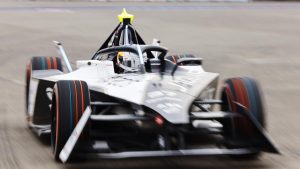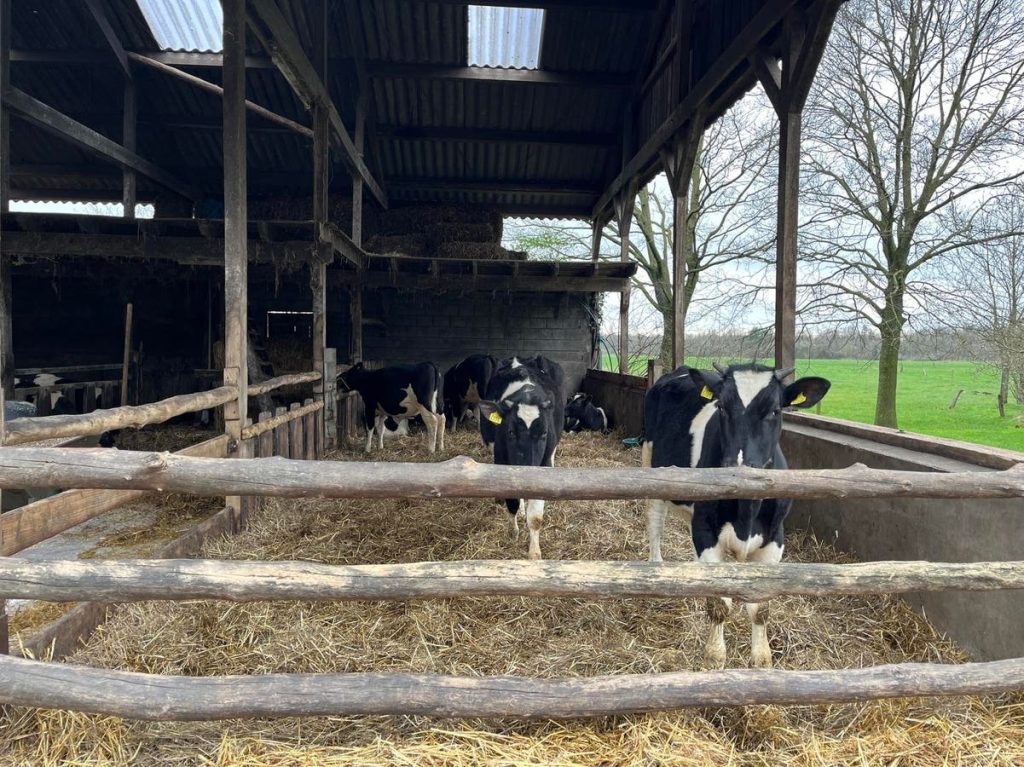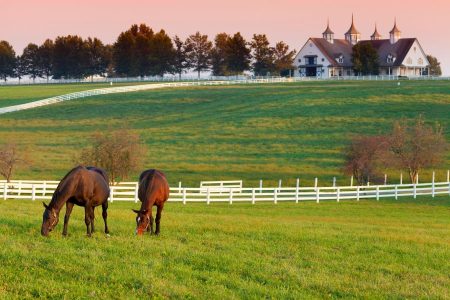John Arink, a livestock farmer in the Netherlands, believes that people need to eat less meat for the sake of human health, animal welfare, and the planet. His farm, Ekoboederij Arink, focuses on sustainable and compassionate farming practices, with modest herd sizes and a commitment to giving animals the best life possible. John receives subsidies for stocking a heritage breed of cows, Frisian-Dutch, which have fewer health issues compared to Holsteins.
Despite the positive vision of Ekoboederij Arink, not all Dutch livestock farmers are willing or able to make the switch to more sustainable practices. The Netherlands is heavily overcrowded with livestock, and policies regarding livestock numbers are disconnected from domestic food consumption. Food companies like meat processor Vion are recognizing the shifting winds and the risk of decreasing meat demand in their home markets.
One challenge in transitioning towards more sustainable food consumption is the low cost of meat in the Netherlands. Martha Bakker of Wageningen University points out that consumers often do not see the external costs related to landscape deterioration and animal welfare. Farmers like Tijs Holtkuile are taking steps towards higher animal welfare standards but face challenges in making decisions based on consumer preferences and market demand.
NGOs like Milieudefensie are advocating for a transition towards producing and eating less meat domestically to address food security, health, and environmental concerns. Retailers in the Netherlands are setting targets for increasing the sales of plant-based proteins by 2030. Pricing strategies play a crucial role in consumer decisions, with promotions and special offers on animal-based products making it difficult for plant-based options to compete.
Polarization around food consumption and production is evident in the Netherlands, with farmers protesting campaigns encouraging reduced meat and dairy consumption. The Week Without Meat & Dairy campaign faced backlash from farmers and the public, leading to heightened social divisions. Farmer John Arink’s family is no stranger to these polarizations, as they face opposition from neighboring conventional farmers who do not support their less intensive farming practices.
The article highlights the complex challenges and personal rifts in Dutch livestock farming and food consumption. Transitioning towards more sustainable practices and reducing meat consumption can have positive impacts on human health, animal welfare, and the environment. However, these changes require collaboration among farmers, consumers, retailers, and policymakers to create a more resilient and sustainable food system in the Netherlands.















